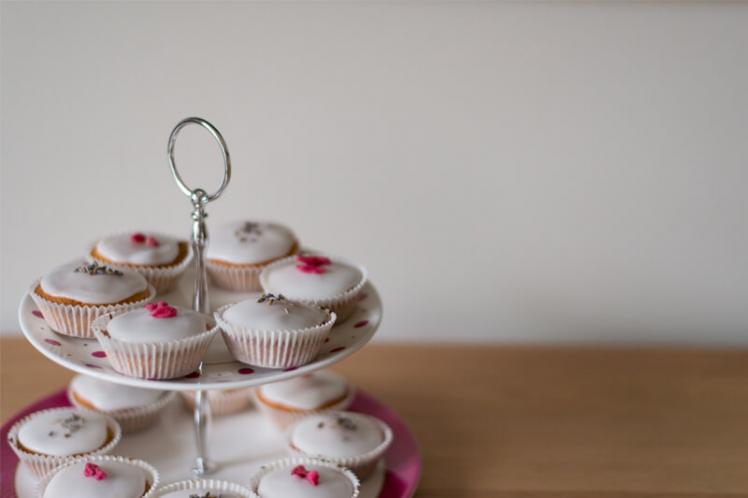Two Questions Raised by the 'Cake Sale': The Great British Bake Off and the Value of a Brand

Charlie Mawer, Executive Creative Director at Red Bee, Discusses the Hit Show's Move to a Rival Network
Like everyone with passing interest in the business of television and the right consistency of a Battenberg, my social media timeline has been full of debate about the sale of The Great British Bake Off (GBBO) to Channel 4.
Having recently co-authored a book on the role of brands within the broadcast media, The TV Brand Builders – how to win audiences and influence viewers (Kogan Page 2016), many of the implications seemed to chime with a couple of major themes we grappled with in those pages. The role of individual programmes in defining an overall channel identity, and how both show runners and content creators need to create brands with portable brand assets.
1. Is Bake Off a good fit for the Channel 4 brand?
We asserted that the role of strong brands as navigators for audiences will only grow within the increasingly complex ecosystem. Channel 4 has stood out for 30 years as an exemplar of strong, consistent marketing that supports its unique manifesto – frequently summarised as “be first, cause trouble, take risks”, and exemplified by its most recent brand campaign, “Born Risky”. Brands do not need all of their programming to fit within this lighthouse identity, they don’t even need the vast majority to fit within their positioning, they just need to be selective about the material they publicise (and how they then promote it). So Superhumans for the Paralympics, or the innovative teases for drama Humans, take the limelight away from ratings bankers and undeniably safer fare like Location, Location, Location, or Speed with Guy Martin.
So here is the problem for Channel 4 with GBBO. In acquiring such a high profile brand, they are very publically promoting an editorial choice that in no possible way stands up to those defining brand values.
2. Where does the value of the GBBO brand lie?
Within the chapters of the The TV Brand Builders that address the sub-sections of factual and entertainment programme making, (at whose intersections GBBO sits), we examine successful programme formats from around the world, looking at how their brands were built.
Naturally as marketers we focus on the tangible assets created to define the show in the eyes of the viewers. The programme name itself, the design aesthetic, the set, the location, the main theme and incidental music, the tone of voice of the promo campaigns. All of these build value in a brand, and create lasting perceptions which, as we have just discovered, are as instantly portable as the format points themselves. But given the above, what incentive is there for host broadcasters to invest above and beyond that in the branding and marketing of shows unless they have a future stake in them – either by making them through in-house production companies (step forward BBC Studios) or through a cut of any future royalties? Lord Sugar, a man with an interest in another long running BBC brand, tweeted: “I feel sorry for @BBCOne, they invested years in making Bake Off popular and the greedy disloyal format owner has sold it to Ch4.”
Over the last ten years my co-author, Andy Bryant, and I were creative partners at Red Bee with the BBC as they focussed a huge amount of investment in GBBO, from making it a prominent feature of Christmas idents to specially shot trailers tying the brand to national events like the Rio World Cup. Whilst that was a calculated part of building a programme brand to the point it became a national conversation, I wonder whether some of those marketing pounds are now viewed with a different eye.
Of course the other defining elements of a brand – the presenters themselves - could be tied into a show contract rather than to the channel but, again, channel marketing will frequently focus on those individuals as the face of the show brand, and elevate them to become potentially bigger than the format itself. So when Mel and Sue announce they are standing down, cracks appear to form in the pastry case. What Channel 4 will rapidly find out is which of those branding elements really carry the emotional heart. If it is the format points and innovative marketing, then the show has a chance in its new home. If it is more because of the fit between the BBC One brand, which exists to bring the nation together for shared moments, and the programme that seemed to do just the same thing - that more indefinable value that marketers seek to create and nurture in their brands - then the prophets of doom will surely be proved right, and Channel 4 will have bought a £25million tent.
Special offer: Save 20% when you order The TV Brand Builders: How to Win Audiences and Influence Viewers with discount code MKTGBBO


